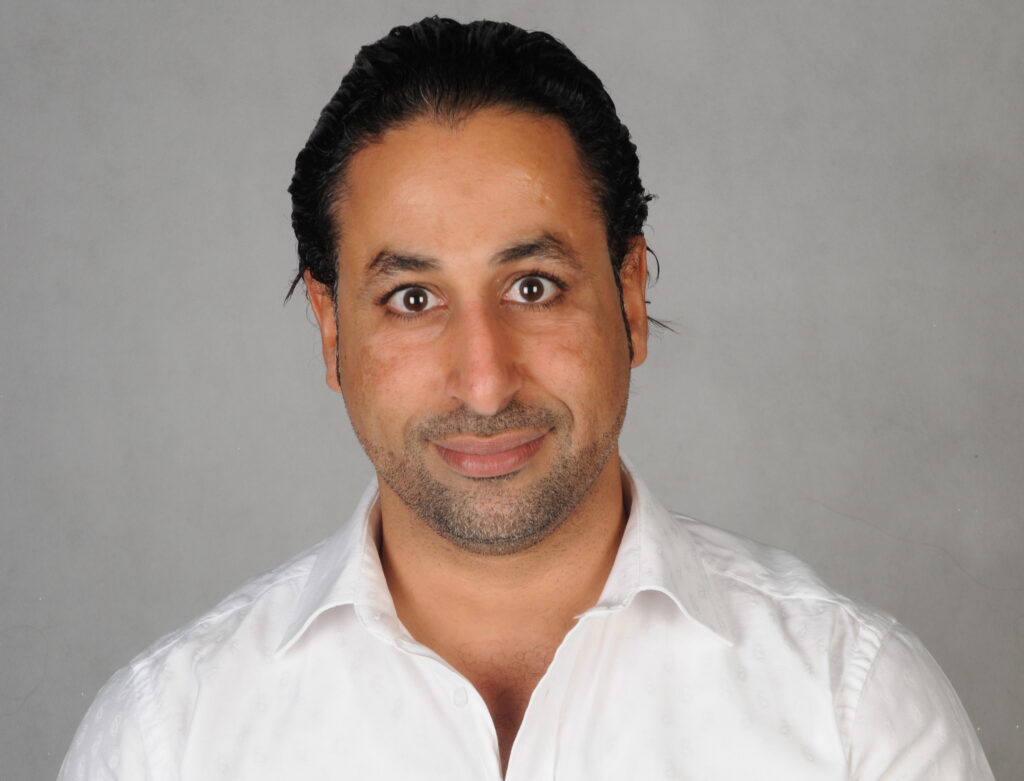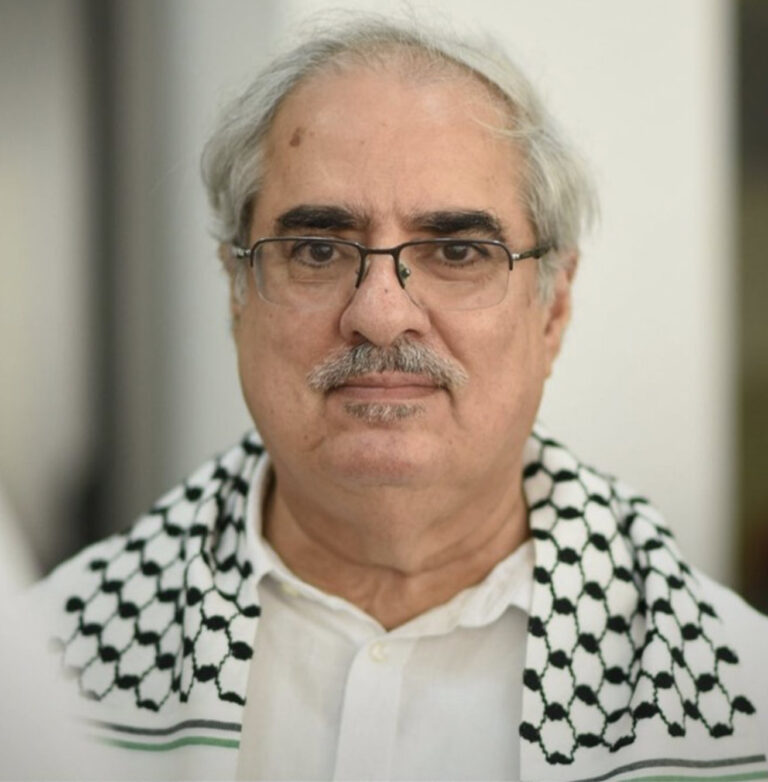The UN Working Group on Arbitrary Detention (WGAD) provided a strong opinion regarding the case of imprisoned Bahraini human rights defender Naji Fateel.
The Bahrain Institute for Rights and Democracy who submitted the complaint welcomed the decision and urged the Government of Bahrain to abide by the decision and release Naji Fateel immediately.
Sayed Ahmed Alwadaei, Director of Advocacy, The Bahrain Institute for Rights and Democracy:
“It was heartbreaking for me to hear and document a harrowing first hand account of the torture Naji was subjected to during his arrest and interrogation. This important and timely decision by the UN Working Group comes after he has been forced to endure almost a decade of arbitrary imprisonment.
It follows international condemnation of Naji’s unlawful imprisonment by the UK Parliament, the European Parliament, and the US Congress. Bahrain must immediately and unconditionally release Naji Fateel and other political prisoners.”
Biography of Naji Fateel:
He is a Bahraini national, aged 48. He is married and has five children. Mr. Fateel was a member of the Board of Directors of the Bahrain Youth Society for Human Rights. He was a human rights activist who advocated for the documentation of human rights violations and encouraged people to form monitoring committees.
He was arrested on 2 May 2013, between 2013 and 2016, Mr. Fateel was found guilty in three separate cases and sentenced to a total of 25 years and six months in prison. He remains detained in Jau Prison.
Summary of the opinion and selected quotes:
The Working Group thus considers that Mr. Fateel was deprived of his liberty on discriminatory grounds, namely his political or other opinions, contrary to articles 2 (1) and 26 of the Covenant and articles 2 and 7 of the Universal Declaration of Human Rights. His detention is arbitrary according to category V. Paragraph 121
“The Working Group notes with alarm the severity of the torture alleged. It urges the Government to immediately and unconditionally release Mr. Fateel and ensure that he receives medical care.” Paragraph 122
“The Working Group notes that many of the cases involving Bahrain follow a familiar pattern of arrest without a warrant, pretrial detention with limited access to judicial review, denial of access to lawyers, forced confession, torture and ill-treatment and denial of medical care. The Working Group recalls that, under certain circumstances, widespread or systematic imprisonment or other severe deprivation of liberty in violation of the rules of international law may constitute crimes against humanity”. Paragraph 123
“The Working Group urges the Government to ensure a full and independent investigation of the circumstances surrounding the arbitrary deprivation of liberty of Mr. Fateel, including the allegation that he was tortured, and to take appropriate measures against those responsible for the violation of his rights.” Paragraph 128
“There is thus no legal basis which justifies Mr. Fateel’s arrest and detention.” Paragraph 57
“Mr. Fateel was detained on discriminatory grounds based on his political and pro-democracy views, making his detention political in nature, in violation of articles 2, 19 and 26 of the Covenant and articles 2 and 19 of the Universal Declaration of Human Rights. His case thus also constitutes a category V deprivation of liberty.” Paragraph 65
Mr. Fateel was subjected to an unfair trial under Bahraini and international law. Bahrain failed to inform Mr. Fateel promptly and in detail of the nature and cause of the charges against him within the meaning of article 14 (3) (a) of the Covenant. He was not made aware of the charges against him until after his arbitrary arrest and detention. Paragraph 66
The court relied almost exclusively on torture-tainted confessions to sentence Mr. Fateel. Paragraph 69
Read the ruling in full here: https://www.ohchr.org/sites/




